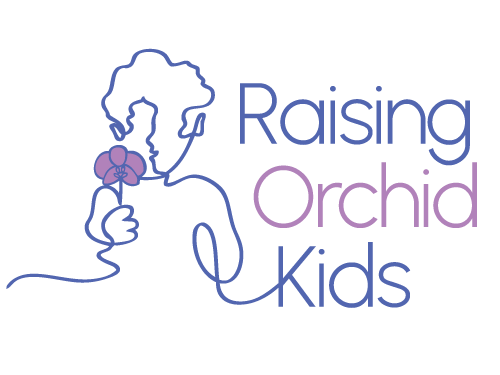“She needs so much hand-holding right now”, said a mom I was speaking with recently. When I asked why that was a problem, she responded by saying that she worried that the hand-holding and support wouldn’t allow her daughter to grow and develop independence.
As we talked further, it became clear that this mom really liked her reasons for the hand-holding. She recognized that – for now – her daughter needs the level of support that mom is giving her. She is actively looking for ways to decrease the level of support over time, in a slow, strategic way, but she’s really comfortable with the way things are going at home right now.
The problem was really that she had a nagging voice in her head that she wasn’t doing enough to “toughen up” her child.
Ding ding ding!
Remember last week when we talked about the difference between “toughening up” and finding a “Just Right Challenge”? (You can find that post HERE) .
This is a classic example of how that (false, unhelpful) narrative comes out to play.
It makes us second-guess ourselves.
It makes us look outside of ourselves to see if we’re parenting “the right way”.
And anytime we’re doing that, we’re in trouble.
No one – not your mother, not your sister, not your neighbor, not the highly-regarded behavioral expert, not the doctor, not Facebook, not Instagram (not even me – LOL) can tell you whether you’re doing it “Right”.
Of course all of those sources can offer you ideas, strategies, methods and mindset shifts to think about.
But only YOU can check in with yourself to feel what is “right” in any given situation. (And, by the way, what is “right” might change over time and that’s ok too!)
I think you already know this.
You already know how you want to act with your child.
You already have an idea of something you want to try.
You already know that your child needs something different from what the “outside experts” have been prescribing.
But you’re arguing with yourself the second you make a decision.
You hear someone’s voice in your head telling you you’re doing it wrong.
And then you hesitate.
Which throws the whole situation into chaos.
You can trust yourself.
You can trust yourself to know whether your child needs a lot of hand holding right now.
You can trust yourself to know that you need to learn some things about your child in order to have more/better insight into their behavior.
You can trust yourself to make good decisions about your child.
When you trust yourself, that is.

